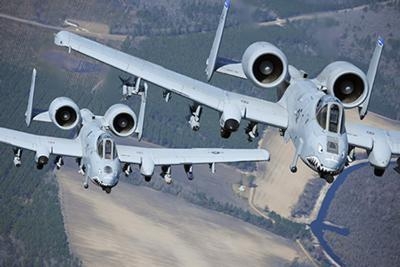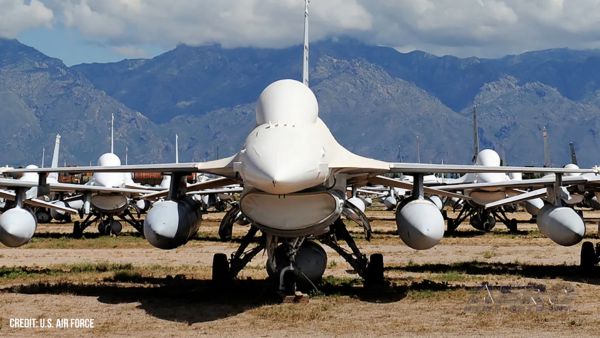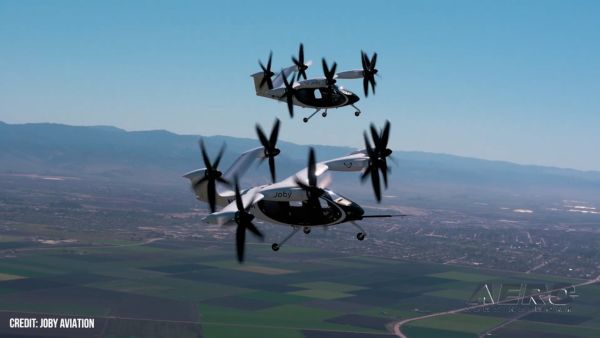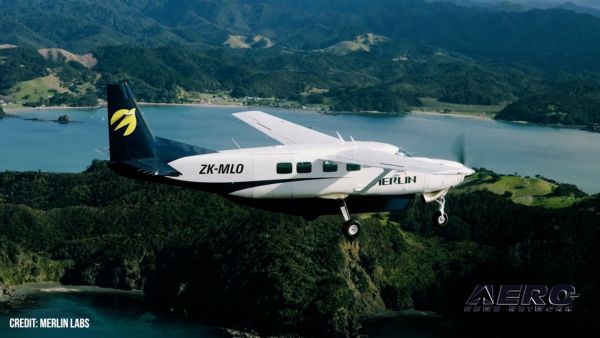Mon, Nov 10, 2014
Advertisement
More News
 ANN FAQ: Submit a News Story!
ANN FAQ: Submit a News Story!
Have A Story That NEEDS To Be Featured On Aero-News? Here’s How To Submit A Story To Our Team Some of the greatest new stories ANN has ever covered have been submitted by our>[...]
 ANN's Daily Aero-Term (05.13.25): Cleared For The Option
ANN's Daily Aero-Term (05.13.25): Cleared For The Option
Cleared For The Option ATC authorization for an aircraft to make a touch-and-go, low approach, missed approach, stop and go, or full stop landing at the discretion of the pilot. It>[...]
 Aero-News: Quote of the Day (05.13.25)
Aero-News: Quote of the Day (05.13.25)
“...no entity, whether a division of government or a private company or corporation, may use information broadcast or collected by automatic dependent surveillance-broadcast >[...]
 Aero-News: Quote of the Day (05.14.25)
Aero-News: Quote of the Day (05.14.25)
“While our traditional mechanical magnetos will be around for a long time, Hartzell Engine Tech acquired E-MAG to expand its PowerUP Ignition System product portfolio into bo>[...]
 ANN's Daily Aero-Term (05.14.25): Flight Check
ANN's Daily Aero-Term (05.14.25): Flight Check
Flight Check A call-sign prefix used by FAA aircraft engaged in flight inspection/certification of navigational aids and flight procedures. The word “recorded” may be a>[...]
blog comments powered by Disqus




